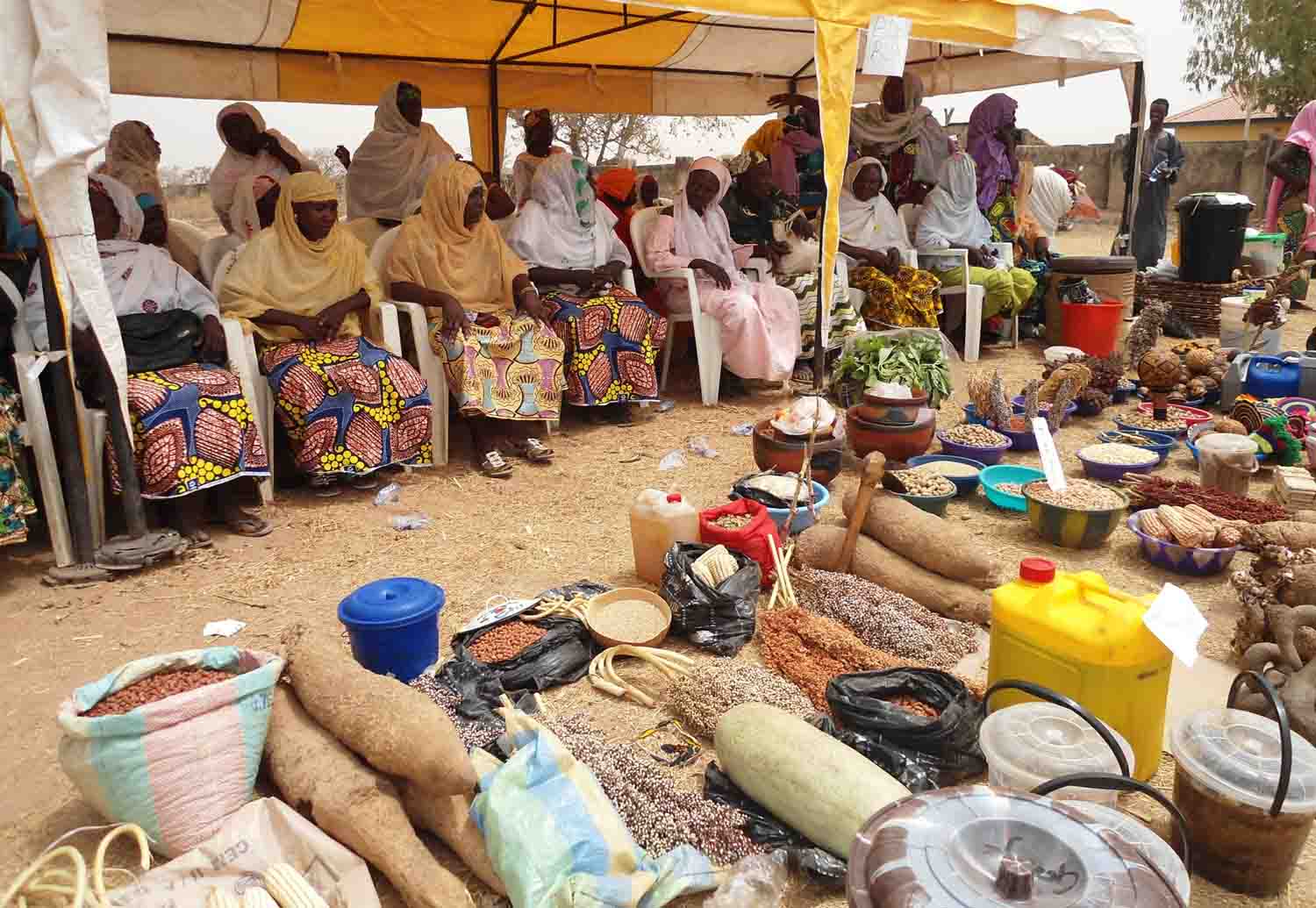Inflation rate rose for the third consecutive month to 8.4 percent in February, from 8.2 percent the previous month, due to increases in prices of imported food items, the Nigeria Bureau of Statistics (NBS) said on Tuesday.
“Food prices, as observed by the Food Sub-index, increased at a faster pace in February, partly driven by increases in prices of imported food items.
“The Imported Food sub-index increased by 8.8 percent (year-on-year), the highest increase recorded since February 2013. The Food sub-index rose by 9.4 percent (year-on-year), 0.2 percentage points from January.
“By groups, while most groups that contribute to the Food sub-index increased at a faster pace during the month, the pace of increase in the Food Sub-index was weighed upon by a slower increase in the Bread and Cereals group.
Advertisement
“On a month-on-month basis, the highest price increases were recorded in the Fish, Meat, Vegetables and Potatoes, Yams and Other Tubers’ groups. The average annual rate of change of the Food sub-index for the twelve-month period ending in February 2015 over the previous twelve month average was 9.5 percent,” the bureau said.
It added that the effect of imported inflation had been limited, following the devaluation of the Naira in November by the Central Bank of Nigeria (CBN).
The naira suffered its biggest monthly decline in more than five years last month, owing to sharp drop in oil prices which affected the currency, prompting the NBS to increase its year-end estimates for inflation to around 9 percent, the upper end of the central bank’s target, from its January forecast of 8.78 for 2015.
Advertisement
Despite the inflation and currency devaluation, the number of ultra-high-net-worth individuals (UHNWI) in Nigeria, each with a $30 million net asset, is forecast to rise 90 percent by 2024, according to the Knight Frank’s Wealth Report 2015.
Nigeria’s UHNWI population rose by five percent in 2014 to 210 people, the highest in Africa after Zambia, according to data from the report.
Add a comment






